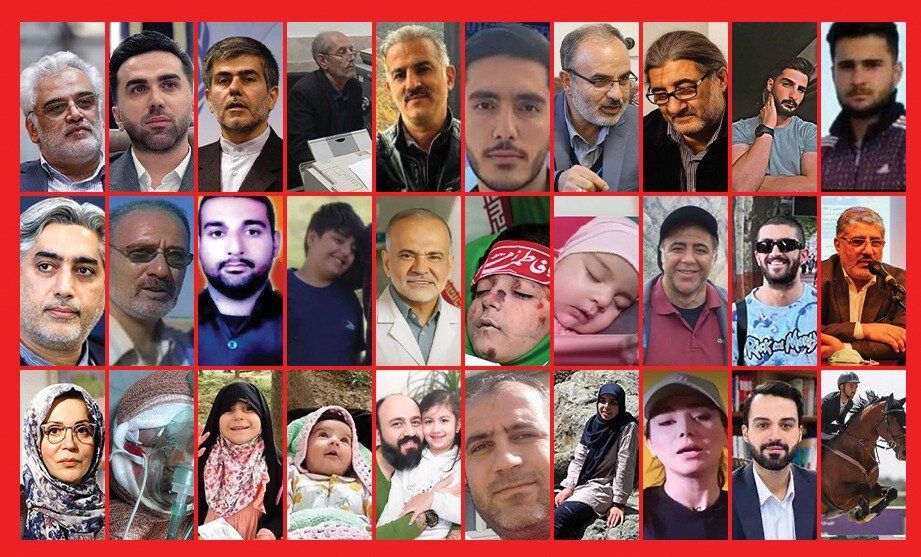The blood of these innocent citizens will drown Israel

TEHRAN - Benjamin Netanyahu, like all other Israeli leaders, is defined by bloodshed. In just the past 20 months, he has overseen the death of over 60,000 Palestinian civilians and the near-total obliteration of homes, schools, hospitals, and mosques in Gaza.
When questioned about the deliberate targeting of women and children, he offers only nonchalance and entitlement, as though he possesses a divine right to eliminate anyone standing in the way of land theft and suppression.
No one quite kills like Israeli leaders do. After all, the world constantly rewards them for it. In the U.S. Congress, they are greeted with standing ovations and showered with endless funding – American tax dollars fueling further destruction. In Europe, they're hailed as "democratic heroes," while dissenting voices are silenced under the banner of counter-terrorism. Meanwhile, more and more states in the Arab world are lining up to normalize relations with the regime, trading solidarity with their Palestinian brethren for concessions from Washington.
All in all, the climate is just perfect for an Israeli leader to kill. Maybe that's why last Friday, Benjamin Netanyahu, fresh from the bloodshed in Gaza, Lebanon, and Syria, decided that his next killing campaign should take place in Iran. He would kill, kill, kill - all without anyone stopping him.
But Iran is not Gaza, Lebanon, or Syria. Iran boasts the world's oldest civilization. Its military, forged through decades of hardship, has independently developed cutting-edge weaponry and instilled a deep-seated ethos: death for the homeland as the ultimate honor. To attack Iran is not simply to strike a military or government; it is to assault a land where every inch of soil holds the remains of soldiers who sacrificed their lives for the nation's survival – soldiers from the 334 BC fight with Alexander, the 633 CE fight with Arab invaders, and the more recent Iran-Iraq war in the 1980s.
The people of Iran, too, are not passive citizens. In times of foreign aggression, we become one. It matters little if, until yesterday, some opposed certain government policies or even felt no resonance with the government at all. Iran is paramount, and in safeguarding it, no political, ideological, or societal wedge can break our unison.
The June 13 attacks on Iranian residential buildings, military sites, and nuclear facilities, which have killed hundreds of civilians and continue, albeit on a smaller scale, initially filled Netanyahu and his ministers with mad delight. The convicted war criminal wasted no time in declaring the offensive a resounding success, boasting of unprecedented gains against Iran.
Yet, it took Netanyahu less than 24 hours to realize his miscalculation. Iran launched its retaliatory strikes the same day its top military leaders were assassinated, vowing to relentlessly pound the occupied territories, which have proven virtually defenseless against Iranian missiles and drones, until the regime has learned its lesson.
Among the Iranian populace, anger and grief are palpable, but there is no sign of the sympathy Netanyahu may have hoped for when he told an Israeli-based Persian-speaking journalist that his fight was with the Iranian government, not the Iranian people. "I don't like that we are taking this long to teach Israel a proper lesson," said a baker in Tehran who specializes in a single type of traditional bread. I spoke with him Friday morning as I picked up my usual loaf. "They must utterly destroy that area before they can kill more Iranians. We should not allow them to retain any capability to strike us again in the future. Maybe that way, the entire region can finally live in peace again."
Leave a Comment